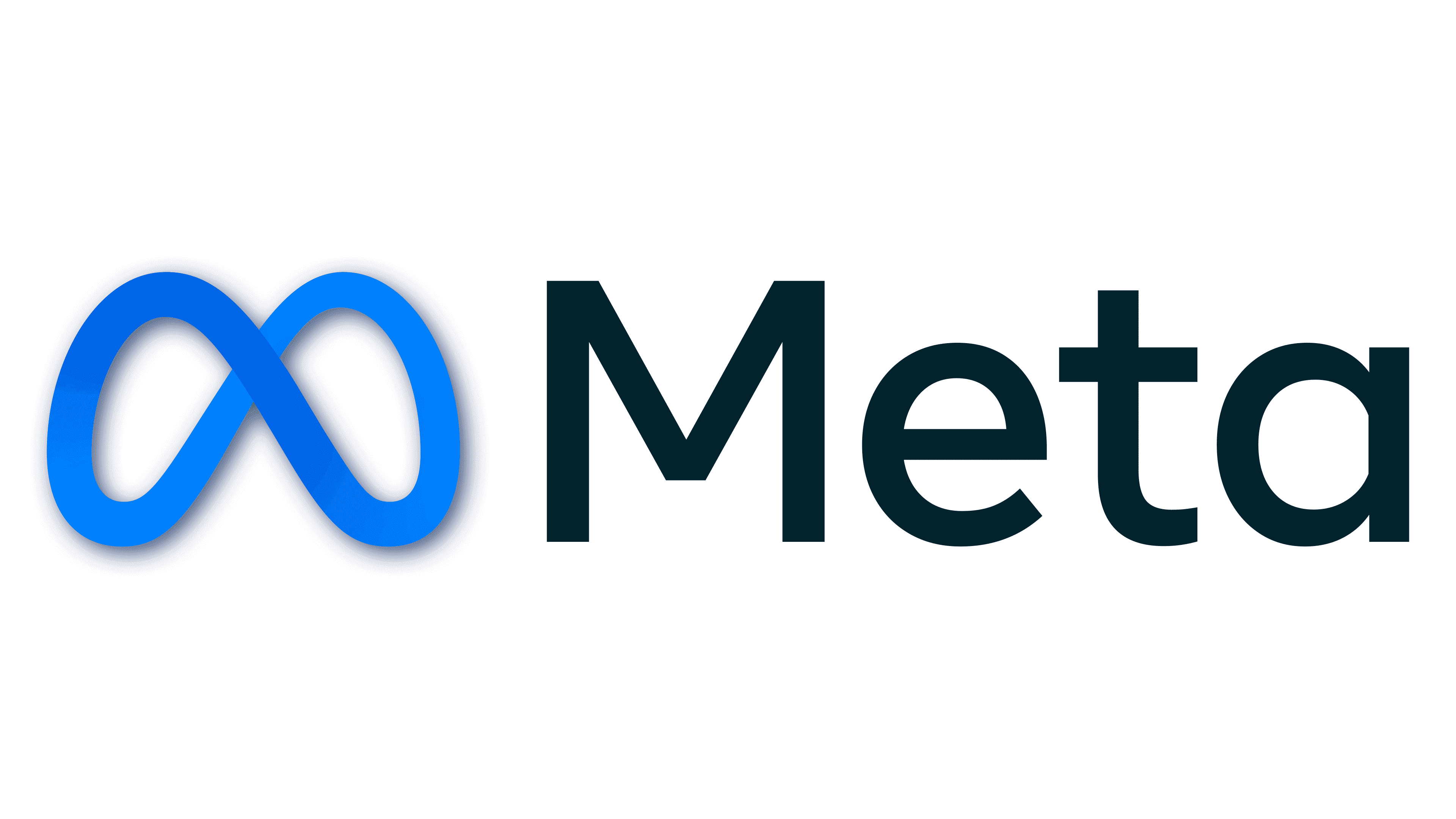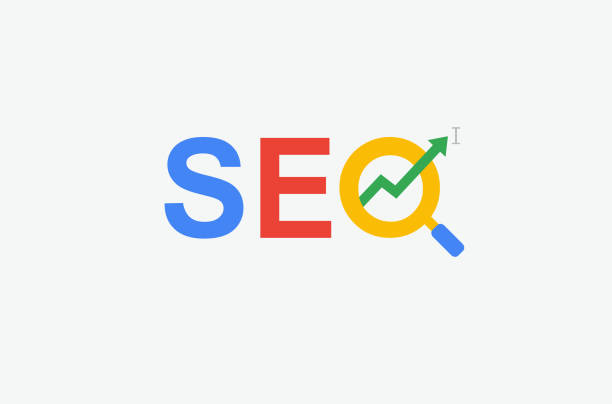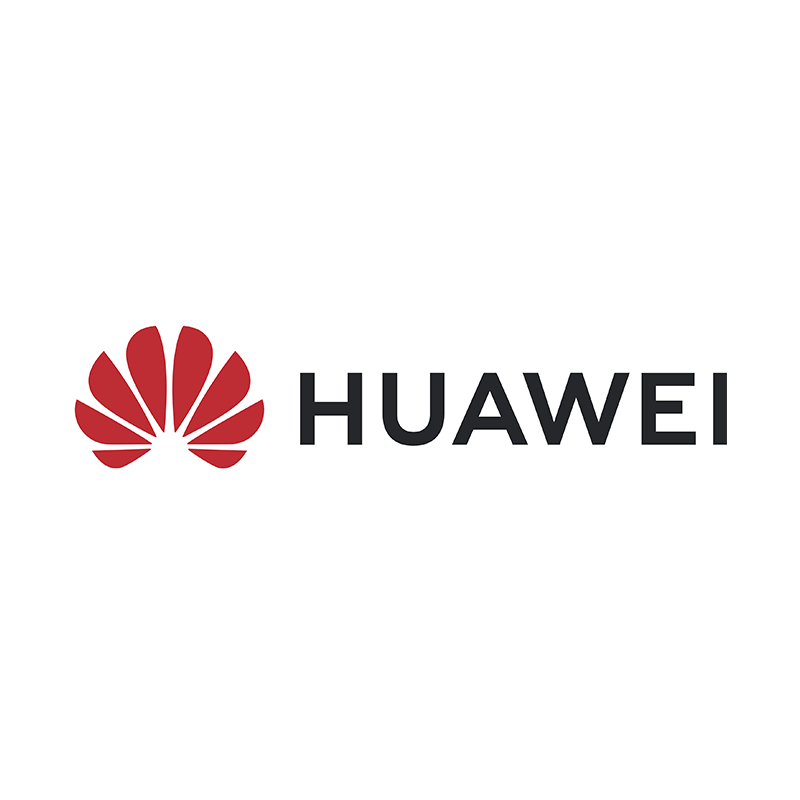Hi. I’m Ibtehaj.
Certified marketing Expert and your Growth manager
10+ years of Experience in Local and International Market 🇦🇪 🇺🇸 🇬🇧
- Paid media buying
- Amazon Ads
- Ecommerce Ads
- Search Engine Optimization
Hi. I’m Ibtehaj.
Certified Marketing Expert
10+ years of Experience in Local and International Market 🇦🇪 🇺🇸 🇬🇧
- Google Ads
- Meta Ads
- Ecommerce Ads
- Search Engine Optimization
Are you searching for a dedicated performance marketing manager who can maximize your Return on Ad Spend (ROAS) and Return on Investment (ROI) through Google Ads and Facebook Ads?
Look no further! You’ve landed on the right page.
Why Choose a Performance Marketing Manager?
In today’s fast-paced digital landscape, achieving success with online advertising can be a challenging task. This is where a Performance Marketing Manager comes into play.
As a Performance Marketing Manager, my primary focus is to ensure that every dollar you invest in digital marketing yields significant returns. With expertise in Google Ads and Facebook Ads, I specialize in driving efficient and effective online marketing campaigns.
What is ROAS and ROI, and Why Do They Matter?
ROAS (Return on Ad Spend) and ROI (Return on Investment) are key metrics that measure the effectiveness and profitability of your digital marketing efforts.
- ROAS is a metric that evaluates how much revenue you generate for every dollar spent on advertising. A high ROAS indicates that your advertising campaigns are highly efficient and cost-effective.
- ROI, on the other hand, takes into account all costs associated with your marketing efforts, including advertising costs, and measures the net profit generated. A positive ROI means your campaigns are not just efficient but also profitable.
My expertise as a Performance Marketing Manager is all about optimizing these metrics for your business.
Google Ads Expertise
Google Ads is a powerful platform for reaching potential customers at the right moment. With my proficiency in Google Ads, I’ll:
- Create and optimize Google Ads campaigns tailored to your business goals.
- Conduct keyword research to target your audience effectively.
- Continuously monitor and adjust your campaigns for maximum performance.
- Provide in-depth analysis and reporting to keep you informed about campaign progress.
Facebook Ads Mastery
Facebook Ads offer unparalleled targeting options and can be a game-changer for your business. As your Performance Marketing Manager, I will:
- Develop engaging ad creatives that resonate with your target audience.
- Utilize advanced audience segmentation to ensure your ads reach the right people.
- Implement A/B testing to identify the most effective ad variations.
- Constantly refine and adapt Facebook Ads strategies based on real-time data.
Your Success Is My Priority
Working with a dedicated Performance Marketing Manager means having a partner who is committed to delivering results. My goal is simple: to help you achieve the highest possible ROAS and ROI, while minimizing wasteful spending.
If you’re ready to take your digital marketing efforts to the next level, I invite you to contact me today. Let’s discuss your unique business needs and create a customized strategy that will drive tangible results for your company.
Don’t miss out on the opportunity to transform your online advertising campaigns and maximize your ROAS and ROI. Together, we can make your business shine in the digital realm.
Contact me now to get started!
About Myself
2023 ➡️ $0.5M Media Buying Spent- Avg (500% ROI, 4x ROAS ColdAud & 5x ROAS HotAud)
In this section, I want to highlight my 10 years of experience in digital marketing, specifically in Google Ads, Amazon Ads, and SEO. I have consistently generated exceptional results for clients, achieving a remarkable Return on Advertising Spend (ROAS) of 7x.
Our expertise and dedication have helped clients significantly increase their online visibility, drive targeted traffic, and boost conversions.
Let us put our proven strategies and industry knowledge to work for you, delivering outstanding results that will exceed your expectations.
Expertise I offer:

Meta Ads
Facebook and Instagram Ads to increase your brand awareness or sales.

Google Ads
Google Ads (Search, Display, Shopping) to increase the ROI.

SEO
Increase the quailty traffic in order to generate more revenue for your business.

Amazon Ads
Customized Amazon Ads in order to increase your ROI on Amazon.
My Clients
















